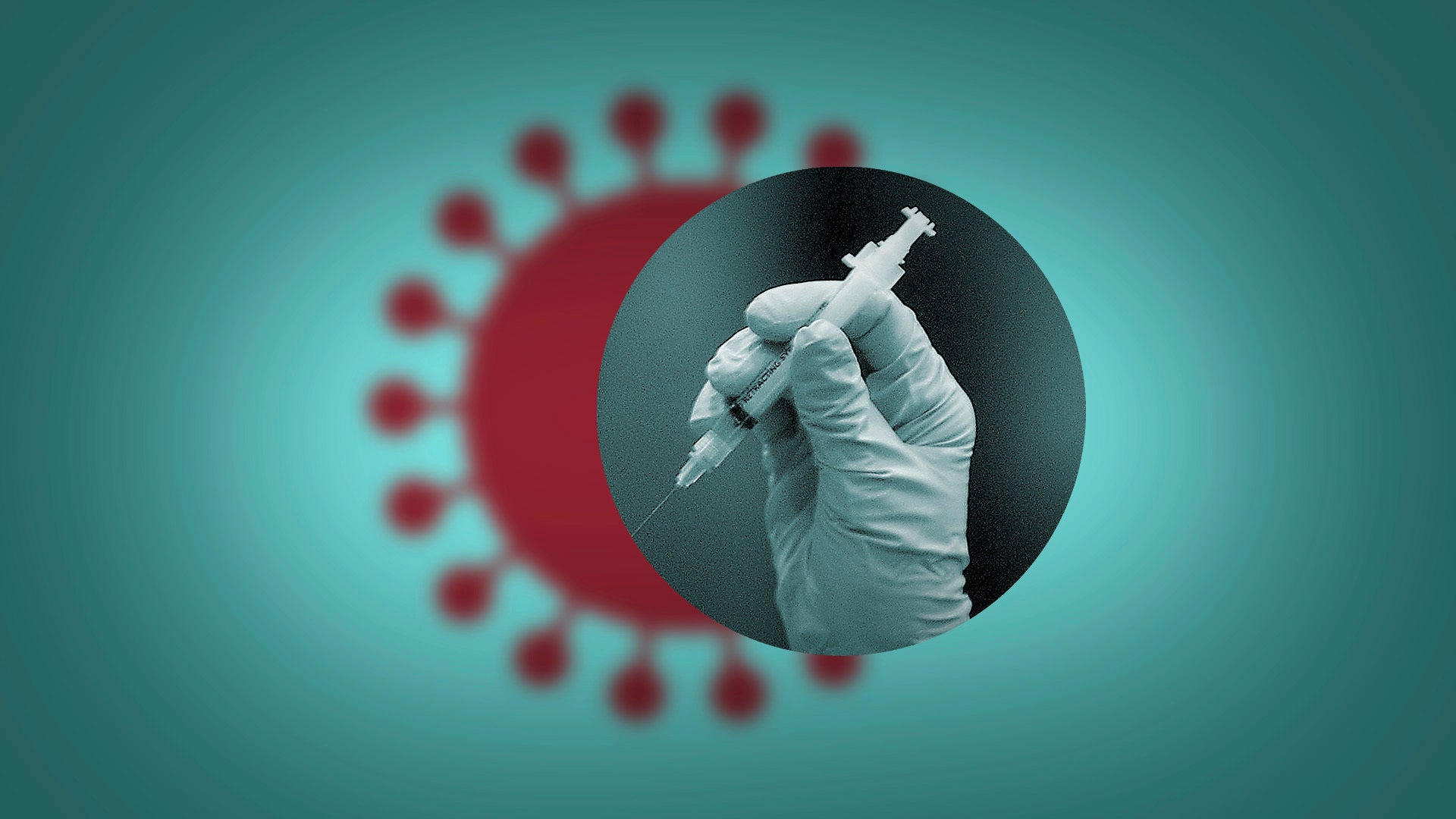Coronavirus: Does the flu vaccine protect you from contracting Covid?
Flu vaccines protect against seasonal influenza, not coronavirus — but avoiding the flu is especially important this year

Does the flu vaccine affect my chances of getting coronavirus?
The flu vaccine protects you from seasonal influenza, not the coronavirus — but avoiding the flu is especially important this year.
Health officials and medical groups are urging people to get either the flu shot or nasal spray, so that doctors and hospitals don't face the extra strain of having to treat influenza in the midst of the coronavirus pandemic.
Not to mention the confusion factor: The illnesses have such similar early symptoms that people who get the flu may mistakenly think they have COVID-19, said Dr. Gregory Poland, an infectious disease specialist at Mayo Clinic.
Only a test can tell the two apart.
The US Centers for Disease Control and Prevention recommends the flu vaccine for everyone starting at 6 months of age, and suggests getting it by the end of October.
The CDC says the vaccine will not cause you to fall ill with the flu, and that the protection it provides takes about two weeks to kick in. And the flu vaccine isn't perfect but studies show if the vaccinated get sick, they don't get as severely ill.
A few flawed studies over the years have attempted to link the flu vaccine to increased risk of other respiratory infections, but experts say there is no evidence that's true.
___
The AP is answering your questions about the coronavirus in this series. Submit them at: FactCheck@AP.org.
Read previous Viral Questions:
How can I tell the difference between the flu and COVID-19?
How long can I expect a COVID-19 illness to last?
Can the coronavirus travel more than 6 feet in the air?


Bookmark popover
Removed from bookmarks